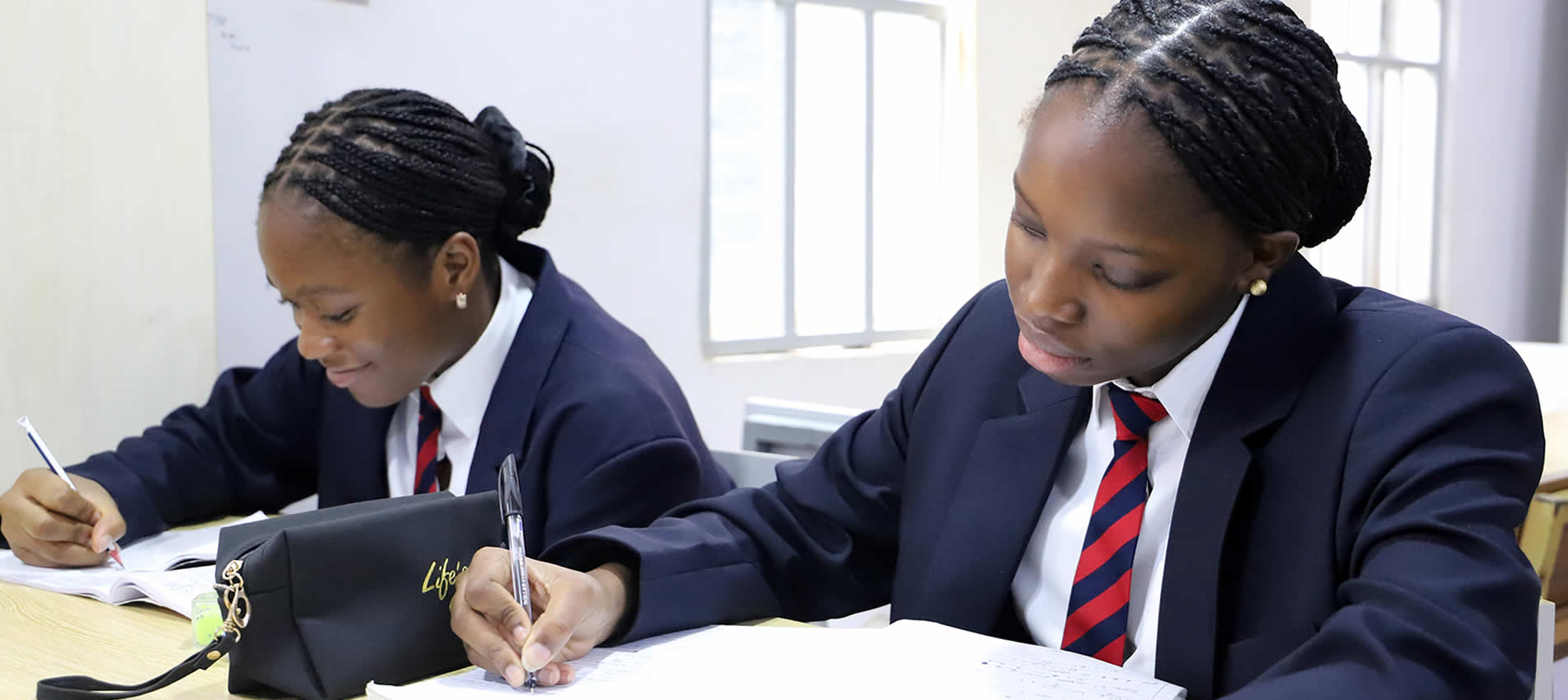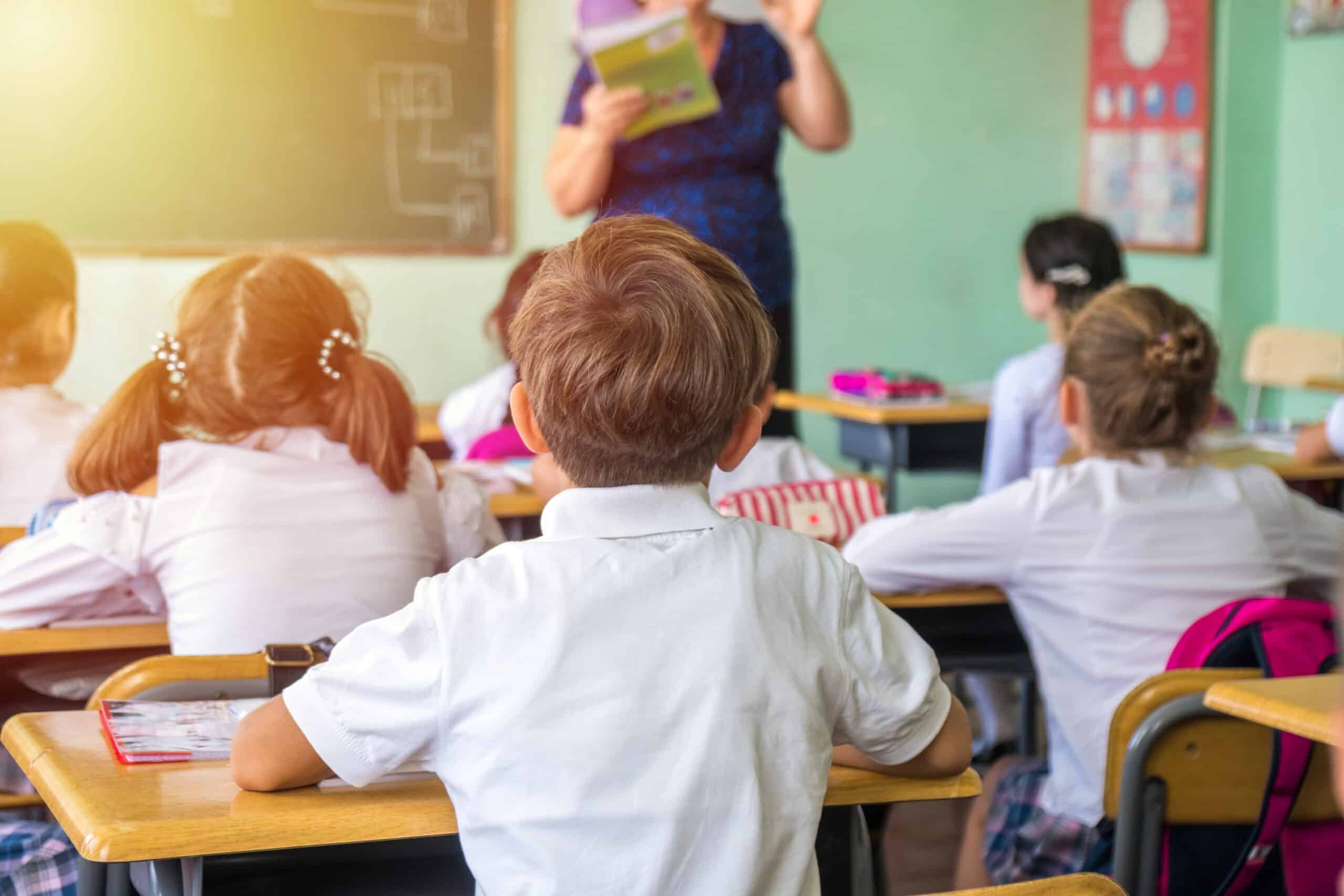
School in Nigeria cornerstone of every society, and Nigeria, with its rich cultural and historical heritage, has made significant strides in providing quality education. From top-tier private schools to well-established public institutions, Nigeria has numerous options for both local and international students. However, when it comes to the best school in Nigeria, the competition is fierce, and several institutions have garnered reputation for their high academic standards, exceptional teaching staff, and excellent results.
What is the Name of the Best School in Nigeria?

While there isn’t a single, definitive answer to the question of the best school in Nigeria, some institutions consistently rank high due to their academic achievements, facilities, and extracurricular offerings. One of the most well-known names in the Nigerian educational landscape is The British International School (BIS) in Lagos. This prestigious school is renowned for its rigorous academic programs, well-rounded student development, and international curriculum, which prepares students for global challenges.
Another notable school is Lekki British International School, also located in Lagos. Like BIS, Lekki British provides a world-class education following a British-based curriculum, and it emphasizes a strong foundation in both academics and extracurricular activities. Ajao Estate’s Atlantic Hall is another institution that often makes the list of the best schools in Nigeria. With a focus on academic excellence, personal discipline, and social responsibility, Atlantic Hall has established itself as one of Nigeria’s top choices for secondary education.
For Nigerian schools that follow the national curriculum, Loyola Jesuit College in Abuja is highly regarded for its commitment to academic excellence and character development. The school has a rich tradition of producing some of the best students in the country, and its alumni frequently excel in national and international arenas. Ultimately, determining the best school depends on various factors such as the curriculum, location, facilities, and student success stories, but these institutions often stand out in the Nigerian educational sector.
What is the Description of a School?

A school is an institution where students engage in structured learning under the guidance of educators. It serves as the foundational platform for imparting knowledge, values, and skills that prepare students for the challenges of life. At its core, a school is a place where students are taught various subjects such as mathematics, language arts, science, history, and social studies, which form the building blocks for their intellectual development.
Beyond academics, schools also provide spaces for socialization and personal growth. Students interact with peers from different backgrounds, fostering skills such as teamwork, leadership, and conflict resolution. In addition, schools often offer extracurricular activities such as sports, arts, music, and drama to nurture talents and encourage creativity. The environment in a school is designed not only for intellectual engagement but also for emotional and social development.
Schools vary widely in terms of structure, curriculum, and educational philosophy. Some schools focus on academic rigor, while others emphasize holistic development, including character-building and values education. Regardless of their approach, the essence of a school remains the same: to help students acquire knowledge, skills, and the values necessary to navigate the world successfully and contribute positively to society.
What Grade is SS2 in Nigeria?

In Nigeria, the educational system is divided into three major levels: primary, secondary, and tertiary education. Secondary education is typically divided into two stages: the junior secondary school (JSS) and the senior secondary school (SSS). SS2, which stands for Senior Secondary 2, is the penultimate grade in the senior secondary stage.
Students in SS2 are typically around 16 to 17 years old, and they are in the second year of the senior secondary education cycle. The senior secondary cycle consists of three years: SS1, SS2, and SS3. During this period, students are exposed to specialized subjects based on their chosen academic track, which could be science, arts, or commercial. By SS2, students are already preparing for the Senior School Certificate Examinations (SSCE), which is a critical examination for students in Nigeria, serving as a gateway to higher education.
In SS2, students are expected to have developed a deeper understanding of their subject areas, and many start considering career paths or further education. The focus is often on preparing for university entrance exams, including the Unified Tertiary Matriculation Examination (UTME), as well as improving academic performance in preparation for graduation in SS3. SS2 is, therefore, a crucial year in a student’s educational journey, setting the foundation for their future academic and professional pursuits.
What is the 9-3-4 Education System in Nigeria?
The 9-3-4 education system in Nigeria represents a reform in the country’s educational structure aimed at improving quality and accessibility. It was introduced in 1982 by the National Policy on Education to replace the old 6-3-3-4 system. The new structure is divided into three main stages:
- The First 9 Years (Primary and Junior Secondary Education): This stage consists of six years of primary education, followed by three years of junior secondary school (JSS). Primary education typically starts at age six, and students complete their education at age 11 or 12. In the first phase, children are introduced to foundational subjects such as mathematics, English, science, and social studies. Junior secondary education (JSS) builds upon these basics, with students continuing their studies in subjects like technology, civics, and languages.
- The Next 3 Years (Senior Secondary Education): After completing the first nine years, students transition to senior secondary education (SS1, SS2, and SS3), which lasts three years. Here, students select specialized subjects based on their career interests, which include science, arts, or commerce tracks. In SS2, as mentioned earlier, students typically prepare for their Senior School Certificate Examinations (SSCE) and begin considering options for higher education, such as universities or vocational training.
- The Final 4 Years (Tertiary Education): This final phase of the 9-3-4 system covers higher education, where students pursue undergraduate degrees or other higher-level qualifications at universities, polytechnics, or colleges of education. The “4” in the system refers to the standard duration for an undergraduate degree program in Nigerian universities. However, the length of university education may vary depending on the course or institution.
The aim of the 9-3-4 system is to provide a more balanced and comprehensive education by offering students greater flexibility in their subject choices and career paths. It also emphasizes technical and vocational education to equip students with practical skills for the workforce. Over the years, the 9-3-4 education system has been subject to revisions and improvements, but its core principles remain focused on producing well-rounded, employable, and globally competitive graduates.
Conclusion: The Evolving Landscape of Education in Nigeria
Education in Nigeria continues to evolve, with both public and private schools contributing to the development of the nation’s future leaders. The best schools in Nigeria, such as The British International School, Loyola Jesuit College, and Lekki British International School, set high standards and inspire students to achieve greatness. The concept of a “school” goes beyond the physical building—it is a space for intellectual, emotional, and social growth, where students are shaped into responsible citizens and future leaders.
SS2 serves as a critical year in the Nigerian educational system, laying the groundwork for senior secondary exams and preparing students for their future career paths. Meanwhile, the 9-3-4 education system has been a key reform in making education more inclusive and well-rounded, ensuring that students have a solid foundation in primary and junior secondary school, before focusing on specialization at the senior secondary level and higher education.
The education system in Nigeria has faced its challenges, but with ongoing efforts to improve infrastructure, quality of teaching, and access to learning, the future of education in Nigeria looks promising. By focusing on a blend of academic rigor and practical skill development, Nigeria is preparing its students to navigate the complexities of the modern world, both locally and internationally.
